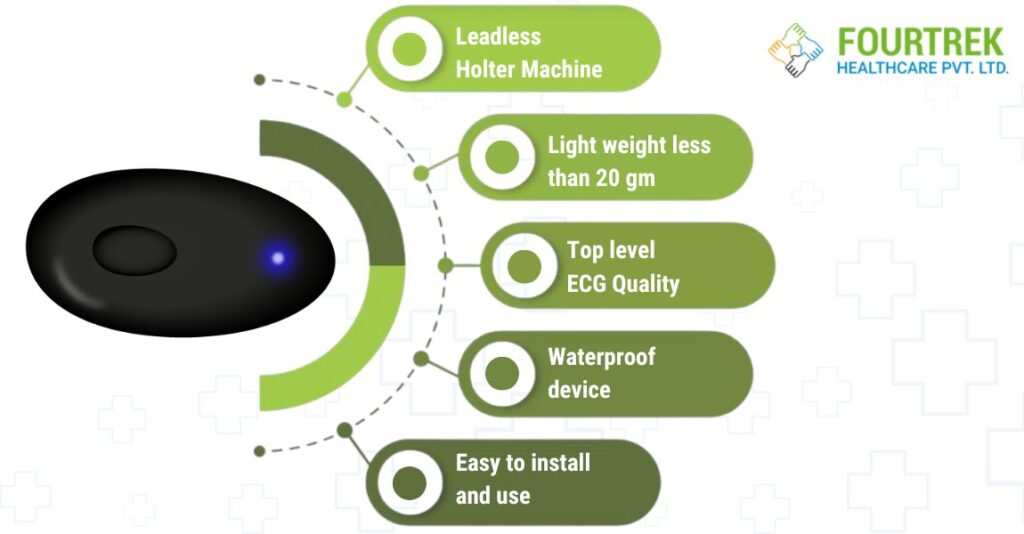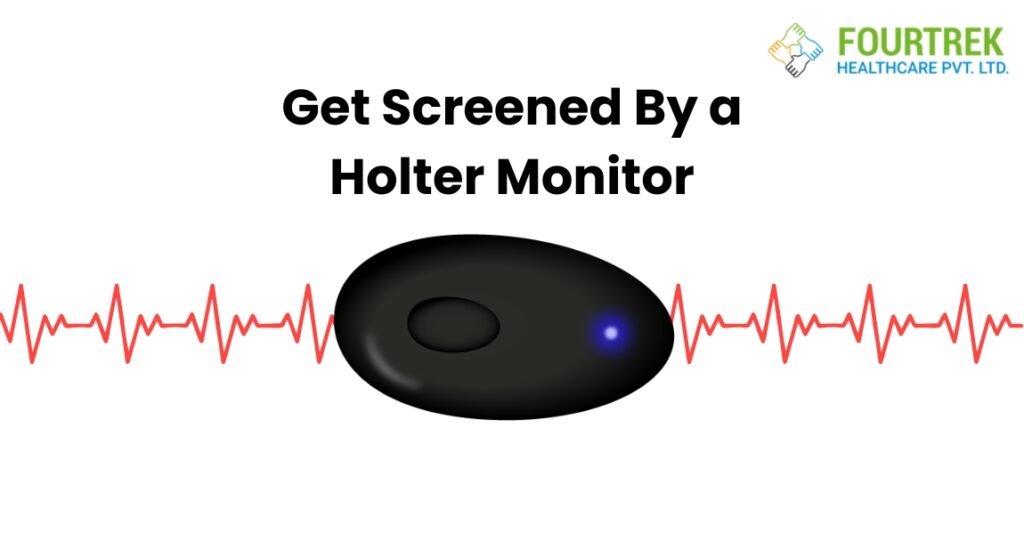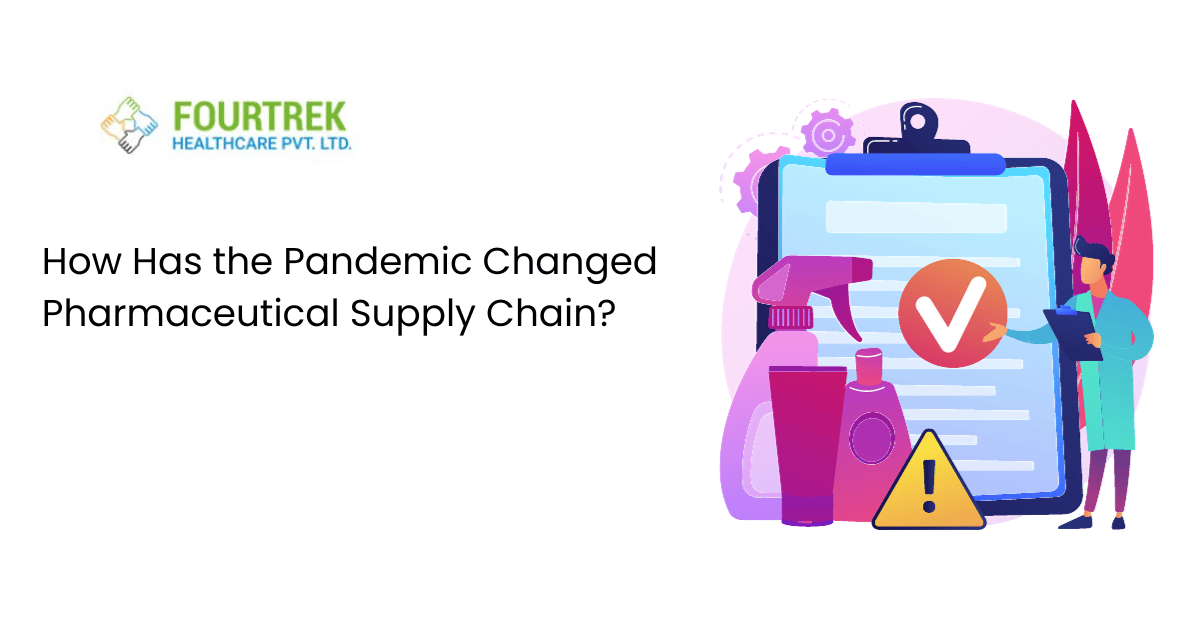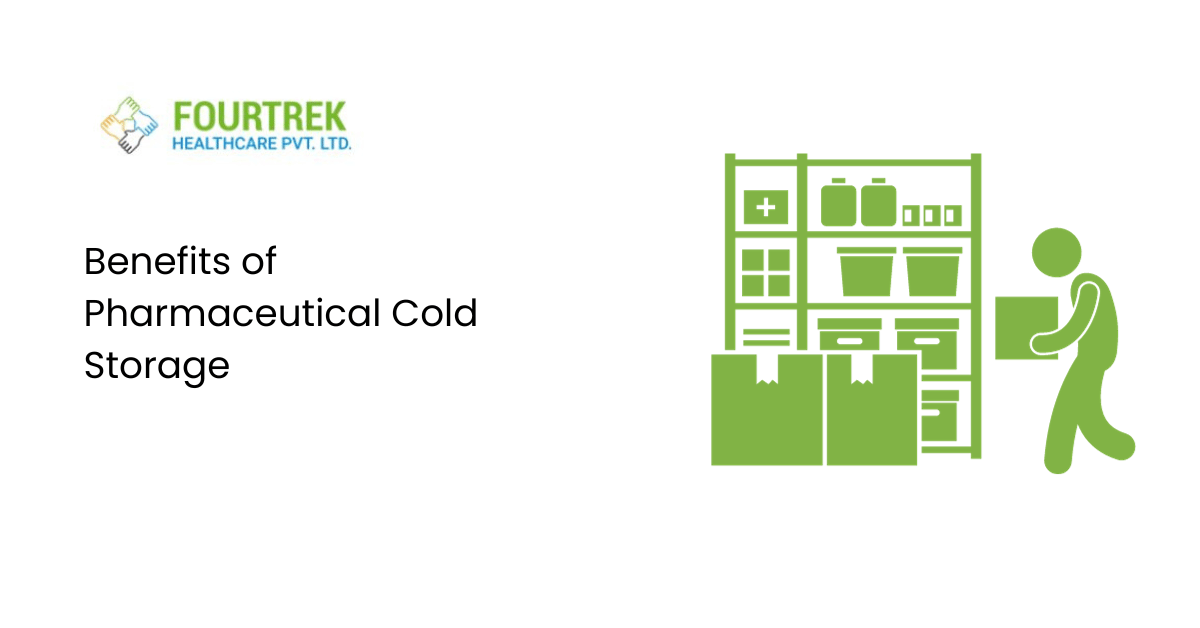What is a Holter Monitor and Why is it Used?
A Holter Monitor is a portable, non-invasive device that continuously records the heart’s electrical activity over a period ranging from 24 hours to several days or even a month. Unlike a standard ECG, which captures only a brief snapshot of heart rhythm, Holter monitors are designed for extended monitoring to detect intermittent or rare arrhythmias.
Understanding the Need for Holter Monitors
Holter Monitors play a critical role in diagnosing and managing cardiac conditions that might otherwise go unnoticed. They are particularly vital for patients exhibiting symptoms like:
- Irregular heartbeats (Arrhythmias): Sensations of skipped, fast, or slow heartbeats.
- Dizziness or Fainting (Syncope): Often caused by brief drops in blood flow to the brain.
- Unexplained Chest Pain: Not always linked to heart attacks but could indicate underlying rhythm issues.
- Stroke or Cryptogenic Stroke: Especially when paroxysmal atrial fibrillation is suspected.
These symptoms can significantly impact a person’s quality of life and might lead to severe complications like heart failure or stroke if left undiagnosed.

Conditions Managed with Holter Monitors
- Cardiac Arrhythmias: Proven efficacy in diagnosis and tracking.
- Cryptogenic Stroke Management: Detecting hidden atrial fibrillation.
- Recurrent Syncope: Understanding causes of unexplained fainting.
- Pacemaker and Defibrillator Candidates: Risk stratification and monitoring.
Innovations in Holter Monitoring Technology
Modern Holter monitors, like Rhythm 30+ Leadless, are lightweight, leadless devices that provide hassle-free extended monitoring. These devices allow precise detection of infrequent arrhythmias, improving diagnostic accuracy for patients of all ages.

Introducing Rhythm 30+ Leadless Holter Monitor
Why Choose Rhythm 30+?
- Compact & Lightweight: Less than 20 grams, ensuring comfort.
- Extended Monitoring: Tracks heart rhythm continuously for 24 hours up to 30 days.
- Ease of Use: Hassle-free installation without the need for battery replacement.
- Top-Quality ECG Recording: Ensures accurate diagnosis.
- Advanced Analysis: Cloud-based storage analyzed by certified cardiac technologists and cardiologists.
Benefits of Holter Monitoring
- Early detection of life-threatening conditions.
- Enables tailored treatment plans based on precise diagnosis.
- Provides peace of mind by ruling out or confirming serious conditions.
Key Features of Rhythm 30+
- Leadless and lightweight.
- Continuous monitoring for up to 30 days.
- Reliable, high-quality ECG data for accurate diagnosis.
- Algorithm-backed technical analysis for swift, actionable insights.
What makes Rhythm 30 stand different?
| Rhythm30 | 3 Channel Patch | 12/6 Channel Holter | |
| Type | Leadless Reusable | Disposable Patch | Reusable |
| Weight | Very Light | Light | Very Heavy |
| No. of Electrodes | 2 | 3 | 12 |
| No. of Leads | 0 | 0 | 12 |
| Battery | Lasts up to 30 days | Up to 7 days | 24-48 hours |
| Report Quality | Highly accurate | Some artifacts | Prone to noise |
| Weight | 15g | 20-25g | 500g |
| Ease of Use | Quick, user-friendly | Time-consuming | Uncomfortable |
| Shower Proof | Yes | Limited | No |
| Usage Days | 1-30 days | 3-7 days | 1-2 days |
| Network Needed | None | Requires phone & network | None |
| Comfort | Invisible under clothes | Moderate | Bulky |
| Movement | Free movement | Limited by sweat | Restricted |
| Skin Friendly | Yes, replaceable electrodes | Patch may detach | Can cause irritation |
| Accelerometer | Yes | No | No |
| Cardiologist Reports | Yes, 99.98% accuracy | No | No |
| Verification Stages | 3 stages | 1 stage (AI) | 1 stage (software) |
| Kid Friendly | Yes | No | No |
| Bluetooth | Yes | Yes | No |
How is the Test Performed?
The Holter monitor test is simple and non-invasive:
- Sensors are placed on your chest, and the device is attached.
- The device records your heart’s electrical activity as you go about your daily routine.
- After the monitoring period, data is uploaded and analyzed by a team of experts.
Preparing for Your Holter Monitor Test
- Ensure your appointment is scheduled and bring any required documentation.
- Shower or bathe before your appointment (sensors must adhere to clean skin).
- Wear comfortable clothing, preferably a front-button shirt for women.
- Men may need to shave chest hair where sensors are placed.
- Inform the technician if you have a pacemaker.
Steps in Report Analysis
- Data stored in the Cloud.
- Reviewed by a Certified Cardiographic Technician.
- Double-checked by a Senior Certified Cardiographic Technician.
- Verified by a Resident Doctor.
- Confirmed by a Cardiologist Consultant.
Holter Monitoring Cost and Result Timelines
- Charges are based on the duration of monitoring at a nominal per-day rate.
- Results are available within 2 hours after the test.
Frequently Asked Questions
Following up with Neurologist is very important because Neurologist can help to find
the cause of stroke and tailor your treatment accordingly so as to reduce the risk of another stroke occurrence.
ECG is snapshot of just 45 second of heart Rhythm. ECG will not detect irregular heart beat and rhythm that occurs over extended period of time. Hence doing Holter recording for longer period is important so that irregular heart beat and rhythm can be detected with very high possibility.
Wearing an ECG Holter for at least a week can significantly improve chances of finding the irregular heart beat and rhythm compared to the traditional Holter, which is typically worn for 24-48 hours.
Yes. It is important for doctor to confirm or rule out cardiac cause of your medical condition. The Holter results allow doctor to see heart beat and rhythm irregularity over extended period of time which is very useful.
2D echo test is to see the damages, blockages and blood flow rate of your heart. It does not monitor your heart beat and rhythm irregularity which is important for diagnosis. Hence extended Holter monitoring is recommended.
Heart rhythm can directly affect the nervous system in Brain. Sometimes heart beats abnormally leading to irregular heart rhythm (Arrhythmias) including Afib. Afib (Atrial Fibrillation) is an irregular and often very rapid heart rhythm that can lead to blood clots in the heart. These blood clots in the heart may travel from heart to brain causing damage to the brain.
Holter Monitor can identify Afib in patients with strokes so as to assist in prevention of recurrence of stroke by providing treatment for Afib.
No. It is non-invasive and device is attached externally on the chest. The patient can do all his/her normal activities like walking, running, sleeping while wearing the device.
Holter monitor detects irregular heart beat and rhythm only. Some patients may have conditions such as heart block that can lead to a slow heart rate leading to dizziness, fainting. Some patients may have irregular rapid heart rates from Afib or other types of Arrhythmias. Holter monitor can be used to diagnose and characterized these disorders.







